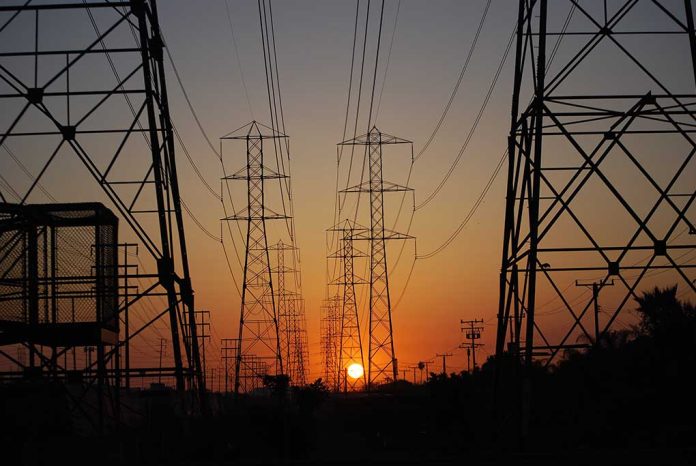
Entergy Mississippi’s new power plant promises reliable energy and lower bills, but questions linger about its environmental impact.
At a Glance
- Entergy Mississippi is building its first new power station in 50 years
- The facility will use natural gas with combined-cycle combustion turbine technology
- Dual-fuel technology will support blended hydrogen in the future
- The plant aims to provide modern, reliable energy while keeping customer bills lower
- Completion is expected in 2028, replacing an older, less efficient plant
A New Era of Power Generation in Mississippi
In a move that marks a significant shift in Mississippi’s energy landscape, Entergy Mississippi has announced plans to construct its first new power station in half a century. This ambitious project, set to be completed by 2028, represents a major investment in the state’s energy infrastructure and raises important questions about the future of power generation in the region.
The new facility will utilize natural gas with combined-cycle combustion turbine technology, a choice that has sparked debate among energy experts and environmentalists. While natural gas is often touted as a cleaner alternative to coal, critics argue that it still contributes to greenhouse gas emissions and may hinder progress towards truly renewable energy sources.
Entergy Mississippi to build its first new power plant in 50 years https://t.co/EvQDKMamdk
— John Solomon (@jsolomonReports) September 6, 2024
Balancing Efficiency and Environmental Concerns
Entergy Mississippi claims that the new power station will produce more electricity from the same amount of fuel while reducing carbon emissions. This assertion is based on the replacement of older, less efficient plants with more advanced technology. However, the long-term environmental impact of this investment in fossil fuel infrastructure remains a point of contention.
“As our customers’ needs and environmental factors evolve, so must our fleet. We’re investing in cleaner, more efficient power generation now, to help us keep bills lower for customers than they otherwise would be in the future,” said Haley Fisackerly, president and CEO of Entergy Mississippi.
Fisackerly’s statement emphasizes the potential for cost savings and its commitment to producing power more efficiently. The company’s commitment to designing the facility to support blended hydrogen in the future is a step toward moving away from reliance on fossil fuels, but it’s unclear how quickly or extensively this technology will be implemented.
For the first time in 50 years, we're building a new natural gas power station, which will ensure our customers continue to have modern, reliable energy well into the future.
Read more: https://t.co/ohO43JUZo3#WePowerLife
— Entergy Mississippi (@EntergyMS) September 3, 2024
The Broader Context of Entergy’s Operations
Entergy Mississippi’s decision to build this new power station must be viewed within the context of its parent company’s operations and legal history. Entergy Corporation, a Fortune 500 company, has faced scrutiny in the past for its business practices. A 2012 settlement with the U.S. Department of Justice led to the divestiture of Entergy’s power distribution network and its joining of the Midwest Independent Transmission System Operator (MISO).
This complex history raises questions about the company’s motivations and the potential long-term impacts of its investments on Mississippi’s energy market and consumers. While the new power station may indeed provide more reliable energy in the short term, it’s crucial to consider whether this investment aligns with the broader goals of transitioning to truly sustainable and renewable energy sources.
Looking to the Future
For Mississippi residents and policymakers, the construction of this new power station should serve as a catalyst for broader discussions about the state’s energy future. While the promise of modern, reliable energy and potentially lower bills is attractive, it’s essential to critically examine whether this investment truly aligns with the urgent need to transition away from fossil fuels and toward renewable energy sources.
As the project progresses towards its 2028 completion date, it will be crucial for stakeholders to hold Entergy Mississippi accountable for its environmental commitments and to push for a more rapid transition to truly sustainable energy solutions. The future of Mississippi’s power generation hangs in the balance, and the decisions made today will have far-reaching consequences for generations to come.






















